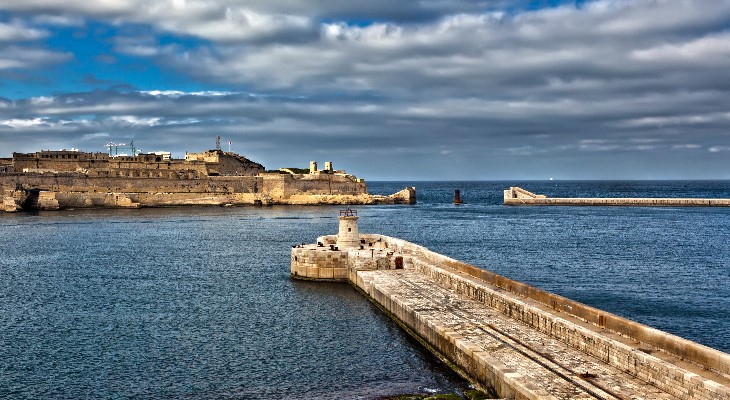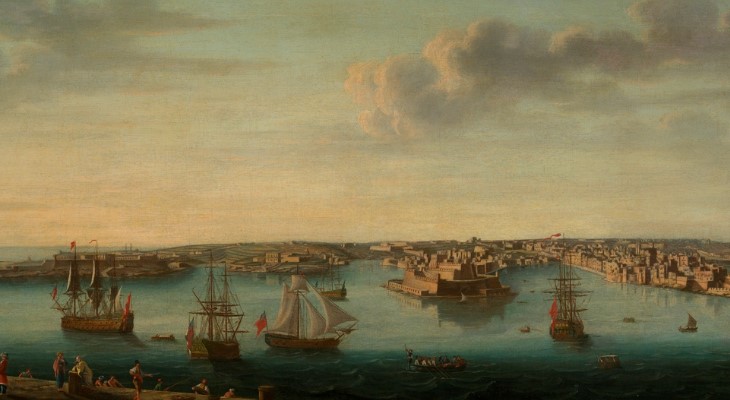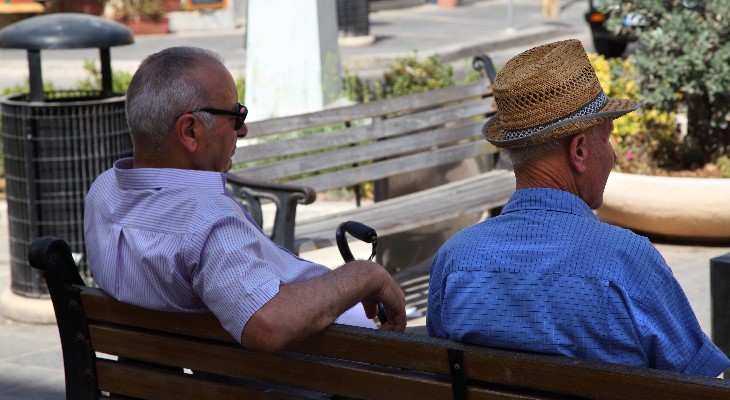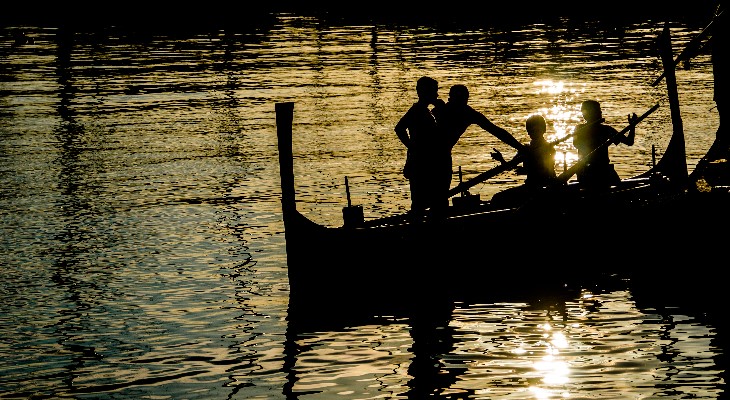Professor Mark Anthony Falzon offers insight into a few Maltese characteristics after 7,000 years of habitation.

Lisa Borain
The first thing University of Malta Professor Mark Anthony Falzon says when we meet is, "before we go into anything, I just want to put a disclaimer out there that you can't generalise on an entire nationality - it's impossible. When I refer to certain characteristics which the Maltese tend to have, I'm talking about the popular vein."
Fair enough. So now for the question. Who are the Maltese?
"200 years ago, the question 'who are we?' wasn't asked. Nationalism wasn't on the cards. It's only in the last several decades that we've taken to asking this question. The answer brings together different criteria: ethnicity, politics, bureaucracy, culture... and with respect to culture, the Maltese are not a homogeneous group because of the islands' history. Malta has always been a country on the move. In the past, the entire economy was built around the strength of the Grand Harbour, and social connotations were implied along with that."

William Attard McCarthy - viewingmalta.com
Malta was swarming with migrants, and you would hear a number of languages in and around the harbour area. In fact, in the 17th century, up to 35 per cent of local women in the harbour area married foreigners. Not much has changed, except that this melting pot has been extended throughout the country, well beyond the harbour area.
With a population of over 430,000, Malta is nowadays home to 63,000 migrant workers from all over Europe, along with migrants from sub-saharan Africa, the Philippines, and various other countries. Even in one of Malta's oldest industries - fishing - the boat workers are largely Indonesian and Egyptian. So, it's probably safe to say that Malta's population is still on the move... even more so than was the case a couple of decades ago.

Gaspar Adriaansz van Wittel
"These migrants, and also visiting tourists, help the locals when asking who they are, because it calls for the Maltese people to present themselves to a group. They have to brand, present and sell themselves as something, which, in this case, is hospitable and welcoming.
Traits & characteristics
"The Maltese have always sold themselves as welcoming, but with websites (such as this one!) that guide visitors 'off the beaten track' and GPS technology, everywhere is accessible, which means that very little is left solely for the Maltese. I find that there's a slight resentment growing here, as the number of visitors is unsustainable, but at the same time, there is an appreciation for tourists and what they bring to the economy."
This brings us to a second characteristic. Visitors might notice a mercenary side to the Maltese. Professor Falzon thinks that this could perhaps be due to Malta's limited lack of resources throughout history. After all, when the Knights of St John arrived, apart from the harbour, there weren't any natural assets available on the island; no wood to build, no soil to grow. In fact, licensed piracy, which was referred to as corsairing, was a big economic driving force into the 18th century. Corsairs would work under the knights, who would then take a tax cut.

Mike Watson Photography - viewingmalta.com
"Corsairy was on the fringes of legality, but it was still legal. There's an expression in Maltese that goes, Malta qatt ma rrifjutat qamħ - which translates, 'Malta has never refused grain'. This refers to our position of having limited resources and being surrounded by hostile people. This has become part of the Maltese character - beggars can't be choosers. Let's not bite the hand that feeds us."
Malta's small size also influences the psyche of the Maltese. There's a sensitivity which stems from an anxiety here, particularly when communicating with foreigners, says Professor Falzon.
"I believe this anxiety results in an assertiveness to prove that we are not small minded. The reality is that the Maltese are no smaller minded than people living in small towns within large countries. You don't live all over England. You live in a town, which is possibly the size of Malta. All the same, the Maltese tend to repeat this notion - we are small. I believe this close proximity is what gives people meaning to their lives. It's not parochial, but rather what makes up part of a rich existence," he explains.

Franklin Balzan
"Another final interesting aspect of the Maltese is that on one hand they can be quite nation deprecating and on the other, they think that Malta is the centre of the universe. This is one of the key paradoxical characteristics that makes a Maltese person uniquely Maltese," he continues.
"The unanswerable question of where this might stem from makes it a strong character trait. If it was simply a series of events throughout history that added up to this trait, it wouldn't so much be a part of a character, but rather a simple result. It doesn't come from anywhere. It's just who the Maltese are."